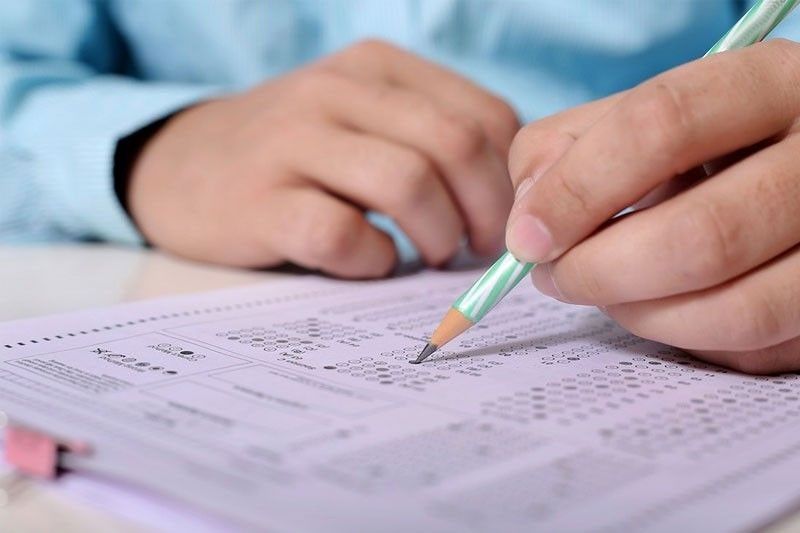Private schools buck bill vs ‘no permit, no exam’ policy

MANILA, Philippines — Operations of private schools will be severely affected if the government approves the proposed legislation that seeks to prohibit the so-called “no permit, no exam” policy, according to the Coordinating Council of Private Educational Associations.
COCOPEA officials warned that the passage of Senate Bill 1359 and House Bill 7584 could result in the closure of private schools as these heavily rely on tuition for their operations.
“These bills will impose prohibitive provisions that will seriously affect the timely collection of tuition and other financial obligations needed to support the thousands of teachers and personnel as well as other school dependent stakeholders of private educational institutions still struggling to recover from the long school closures caused by the pandemic,” COCOPEA spokesperson and legal counsel Kristine Carmina Manaog said yesterday.
“Since private schools rely heavily on steady cash flow for its continued operations, any prohibition that affects their ability to effectively collect fees for funding will disrupt cash flow that is used to sustain their operations. Without this, many schools will be forced to close. In turn, this will result in the disenfranchisement of thousands of students and cause extensive job losses,” Manaog added.
The COCOPEA earlier released a statement urging lawmakers to conduct additional discussions on the proposal.
“The bills prohibiting the ‘no permit, no exam’ policy will effectively remove any compulsion to timely pay tuition and other fees and, in the absence of such compulsion, those who can otherwise pay on time will deliberately not pay or delay payment,” the statement read.
“Meanwhile, private schools cannot ask for the deferment of their own obligations as they fall due, such as loan amortizations, payment of energy, water and other utilities, nor can it suspend payment of teachers and employees’ salaries and benefits,” it added.
The statement was signed by COCOPEA member-organizations, including the Philippine Association of Colleges and Universities; Catholic Educational Association of the Philippines; Association of Christian Schools, Colleges and Universities; Unified Technical and Vocational Education and Training of the Philippines Inc. and the Philippine Association of Private Schools, Colleges and Universities.
COCOPEA chairman Bernard Villamor said that private schools extend compassion to students and parents through installment payments and flexible policies to accommodate those who are unable to pay due to emergencies and other reasons.
“With the economic impact of the pandemic, prompt collection of fees is critical to private educational institutions to ensure the sustainability of their operations. Many private schools have yet to recover from the pandemic’s economic effects and previous educational reforms,” Villamor said.
“To help them, there is a need for stricter policy implementation, not their removal. Prompt payment and collection of fees are essential for private schools’ survival, especially small and medium-sized ones in rural areas,” he said.
- Latest
- Trending




























